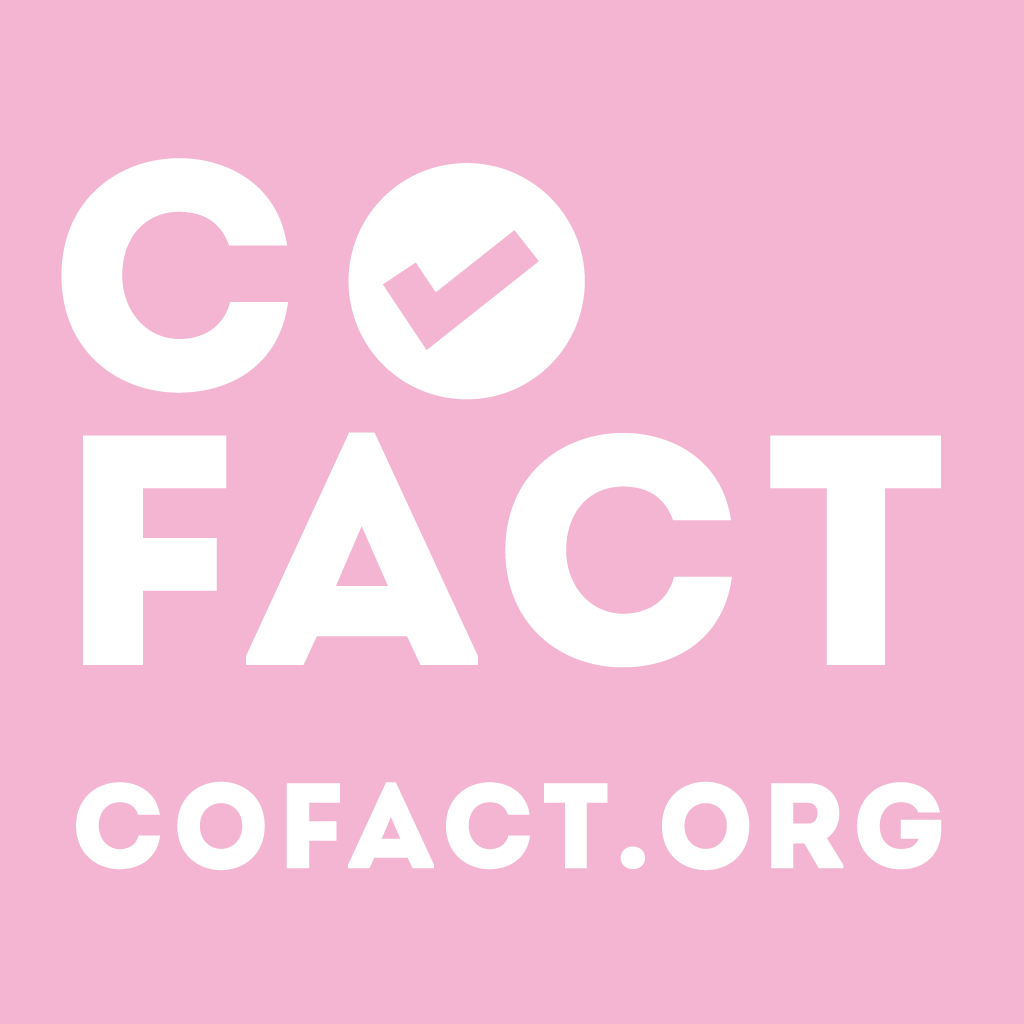CoFact Vocabulary
There are currently 5 vocabulary in this directory beginning with the letter S.
S
satire
การเสียดสี การใช้อารมณ์ขันในเชิงประชดประชัน การพูดเกิ นจริง เยาะเย้ย หรือวิพากษ์วิจารณ์ผู้อื่น
"The use of humor, irony, exaggeration, or ridicule to expose and criticize people's stupidity or vices, particularly in the context of contemporary politics and other topical issues"
• Famous examples of satire include Jonathan Swift's 1729 essay A Modest Proposal, which suggests that the poor might earn extra money by selling their babies to rich people as food. This is, of course, a horrific idea, and Swift wasn’t serious, but his purpose was to shed light on unfair attitudes toward the poor in those days, which was, in fact, very serious.
• Modern examples of satire include websites like The Onion, and television programs such as The Daily Show with Trevor Noah, The Late Show with Stephen Colbert, Last Week Tonight with John Oliver, South Park, and some of the sketches on Saturday Night Live.
• Satire typically involves some absurdity, and the intent is to criticize, not to deceive. Nevertheless, many people have been fooled by sites like The Onion.
"The use of humor, irony, exaggeration, or ridicule to expose and criticize people's stupidity or vices, particularly in the context of contemporary politics and other topical issues"
• Famous examples of satire include Jonathan Swift's 1729 essay A Modest Proposal, which suggests that the poor might earn extra money by selling their babies to rich people as food. This is, of course, a horrific idea, and Swift wasn’t serious, but his purpose was to shed light on unfair attitudes toward the poor in those days, which was, in fact, very serious.
• Modern examples of satire include websites like The Onion, and television programs such as The Daily Show with Trevor Noah, The Late Show with Stephen Colbert, Last Week Tonight with John Oliver, South Park, and some of the sketches on Saturday Night Live.
• Satire typically involves some absurdity, and the intent is to criticize, not to deceive. Nevertheless, many people have been fooled by sites like The Onion.
secondary source
ข้อมูลทุติยภูมิ งาน ( เช่น หนั งสือ หรือบทความในนิตยสาร) ที่มีการสรุป วิเคราะห์ และตีความหรือแสดงความคิดเห็นเกี่ยวกับแหล่งข้อมูลหลัก (primary source) มาแล้วอย่างน้อยหนึ่งแหล่งตัวอย่างของข้อมูลทุติยภูมิ เช่น หนังสือเกี่ยวกับเหตุการณ์ทางประวัติศาสตร์ที่เขียนโดยนักวิชาการที่ค้นคว้าเหตุการณ์ แต่ไม่ได้นำเสนอในช่วงเวลาและสถานที่ที่เกิดเหตุการณ์นั้นขึ้น
A work (such as a book or magazine article) that summarizes, analyzes, interprets, or comments on one or more primary sources. An example of a secondary source would be a book about a historical event written by a scholar who has researched the event, but was not present at the time and place in which the event occurred.
A work (such as a book or magazine article) that summarizes, analyzes, interprets, or comments on one or more primary sources. An example of a secondary source would be a book about a historical event written by a scholar who has researched the event, but was not present at the time and place in which the event occurred.
sensationalism
ภาษาที่ทำให้ตื่นเต้น ข่าวหนังสือพิมพ์ โทรทัศน์ หรือสื่ออื่น ๆ ที่นำเสนอข้อมูลในลักษณะที่สร้างความตื่นตระหนกหรือน่าตื่นเต้น
"The act by newspapers, television, etc. of presenting information in a way that is [meant to] be shocking or exciting"
"The act by newspapers, television, etc. of presenting information in a way that is [meant to] be shocking or exciting"
spin
นำเสนอข่าวสารหรือข้อมูล ในลักษณะที่สร้างความประทับใจ< br />
"To present (news or information) in a way that creates a favorable impression" (Collins Dictionary).
"To present (news or information) in a way that creates a favorable impression" (Collins Dictionary).
sponsored content
เนื้อหาในสิ่งพิมพ์ออนไลน์ซึ่งมีลักษณะคล้ายกั บเนื้อหากับของทางบรรณาธิการ แต่ผู้โฆษณาได้จ่ายเงินให้โดยมีวัตถุประสงค์เพื่อโปรโมตผลิตภัณฑ์ของผู้โฆษณา
"Material in an online publication which resembles the publication's editorial content but is paid for by an advertiser and intended to promote the advertiser's product"
"Material in an online publication which resembles the publication's editorial content but is paid for by an advertiser and intended to promote the advertiser's product"
